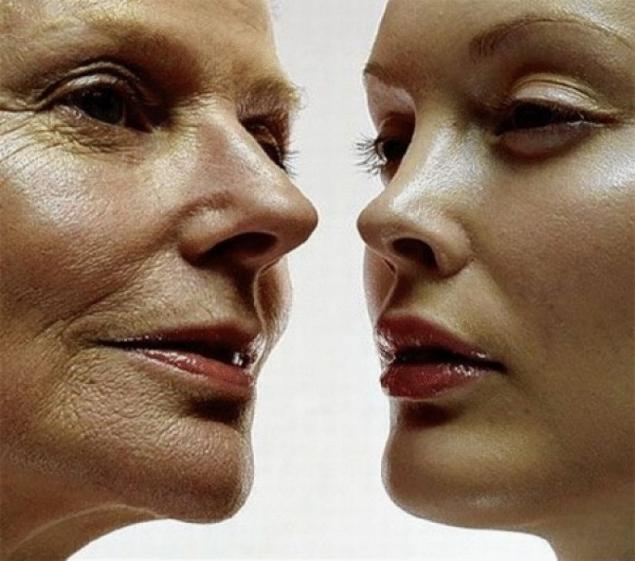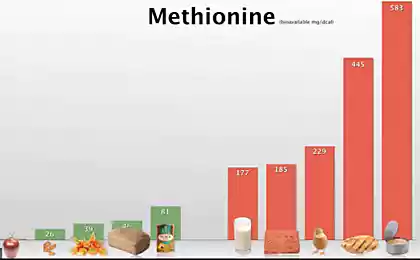453
Aging can be slowed down
Maintaining a healthy lifestyle in troubling times may reduce the negative impact of stress on the body and prevent accelerated aging, which can be provoked.

In the new study, researchers at the University of California took part 239 women aged 50 to 65 years who survived for a year of intense stressful events such as divorce or job loss. Scientists investigated whether healthy diet, exercise and good sleep reduce the effects of stress and aging on a cellular level. To determine the effect of stress on the cells at the beginning and at the end of the annual study, the researchers measured the length of cell structures called telomeres, which are protective "caps" at the end of chromosomes. Telomeres shorten slightly each time cells divide, and their length, as scientists believe, indicates the degree of aging of the cell. The results of a study published in the journal Molecular Psychiatry, showed that major stressful events are associated with shortening of telomeres. But the healthy behavior of the subjects softened this effect: women leading a healthy lifestyle, experienced a smaller decline in the length of telomeres after any stressful events. "The preservation of activity, nutrition and sleep and awake periods of high stress are particularly important. This helps to reduce the rate of accelerated aging of our cells in challenging times," says Eli Puterman (Eli Puterman), associate Professor of psychiatry at the University of California, San Francisco (USA). The results are in line with previous studies that found a link between the rate of shortening of telomeres, lifestyle of people and their mental health. However, the researchers note that, as a man ages, is the result of complex interactions between genetics, behaviour and effects of stress on his life.
Source: estet-portal.com

In the new study, researchers at the University of California took part 239 women aged 50 to 65 years who survived for a year of intense stressful events such as divorce or job loss. Scientists investigated whether healthy diet, exercise and good sleep reduce the effects of stress and aging on a cellular level. To determine the effect of stress on the cells at the beginning and at the end of the annual study, the researchers measured the length of cell structures called telomeres, which are protective "caps" at the end of chromosomes. Telomeres shorten slightly each time cells divide, and their length, as scientists believe, indicates the degree of aging of the cell. The results of a study published in the journal Molecular Psychiatry, showed that major stressful events are associated with shortening of telomeres. But the healthy behavior of the subjects softened this effect: women leading a healthy lifestyle, experienced a smaller decline in the length of telomeres after any stressful events. "The preservation of activity, nutrition and sleep and awake periods of high stress are particularly important. This helps to reduce the rate of accelerated aging of our cells in challenging times," says Eli Puterman (Eli Puterman), associate Professor of psychiatry at the University of California, San Francisco (USA). The results are in line with previous studies that found a link between the rate of shortening of telomeres, lifestyle of people and their mental health. However, the researchers note that, as a man ages, is the result of complex interactions between genetics, behaviour and effects of stress on his life.
Source: estet-portal.com
Scientists revealed the secret of the first animals on our planet
Legal painkillers kill more people than heroin and cocaine
























